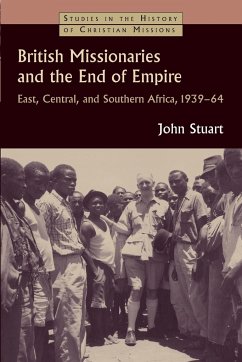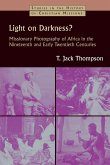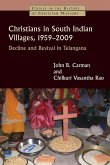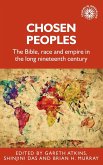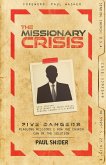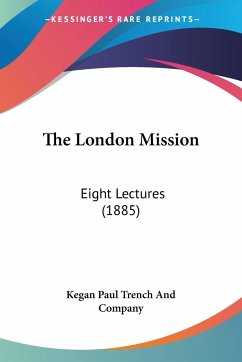There are many histories of overseas mission and many histories of the last days of Great Britain's empire in Africa, but there has been no book-length study on the relationship between them -- until now. In British Missionaries and the End of Empire, historian John Stuart thoroughly and critically examines British Protestant missionary experiences during the tumultuous years between 1939 and 1964 in east, central, and southern Africa. Focusing on Botswana, Zambia, Malawi, and Kenya (with an eye for South African influence on mission affairs), Stuart portrays the uneven and evolving relationship between Protestant missionaries, the British empire, and African nationalists. He shows how missionaries sometimes supported empire, sometimes drew comfort from it, sometimes criticized it, yet finally learned to live with its formal demise, continuing their work in the newly formed African independent states even after the end of empire.
Hinweis: Dieser Artikel kann nur an eine deutsche Lieferadresse ausgeliefert werden.
Hinweis: Dieser Artikel kann nur an eine deutsche Lieferadresse ausgeliefert werden.

